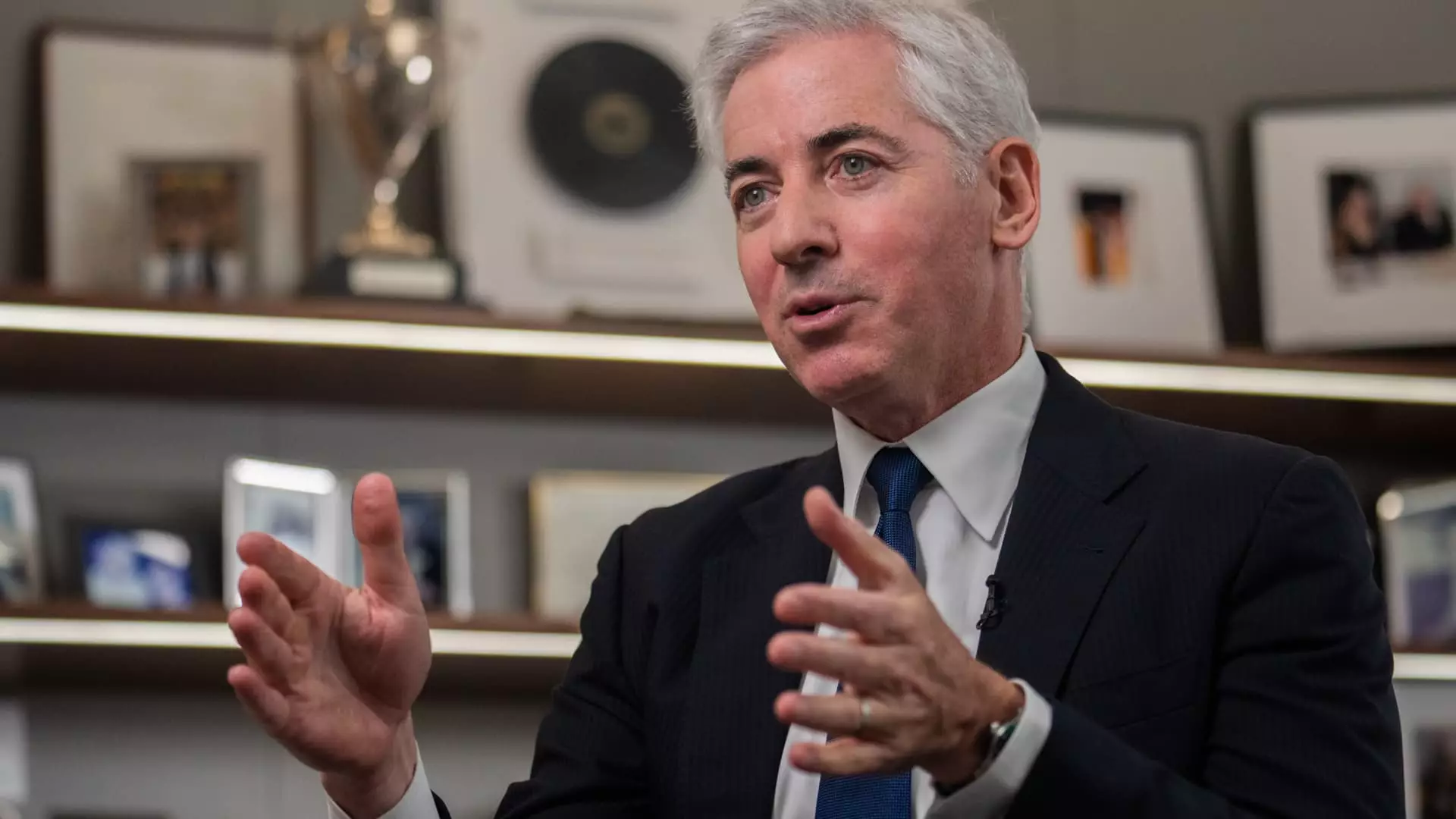Bill Ackman, the influential chairman of Pershing Square Capital Management, has significantly revised his takeover bid for Howard Hughes Holdings, reflecting a bold vision to recreate a contemporary version of Berkshire Hathaway. The billionaire investor announced his proposal to acquire 10 million newly issued shares of Howard Hughes at a price of $90 per share, marking an increase from his earlier offer of $85 made in January. This new move signals a whetted appetite for control, potentially allowing Pershing Square to capture 48% ownership in the Houston-based real estate developer, provided the deal proceeds as planned.
Crucially, this revised takeover proposal is designed to circumvent drawn-out regulatory approvals, shareholder voting, or reliance on financing arrangements. Due to these streamlined conditions, the transaction could conclude rapidly, within a matter of weeks. Such efficiency will likely appeal to current Howard Hughes shareholders, even as the stock took a nearly 5% dip in after-hours trading—an unsettling reaction following rumors and anticipatory trading that had pushed shares up by 6.8% earlier in the day.
If the deal is finalized, Ackman is set to step into the roles of chairman and CEO of Howard Hughes Holdings, potentially reshaping its strategic direction. Pershing Square would earn an annual fee of 1.5% based on the equity market capitalization, ensuring that Ackman’s firm has its interests closely tied to Howard Hughes’ performance.
In articulating his ambition, Ackman draws a parallel to the renowned Warren Buffett. The legacy of Buffett as the “Oracle of Omaha” serves as both inspiration and a roadmap for Ackman’s vision. Buffett, who began his career as a hedge fund manager and activist investor, transformed Berkshire Hathaway from a struggling textile manufacturer into a trillion-dollar conglomerate. Ackman is undoubtedly aspiring to emulate this meteoric rise, but the execution of such a vision in today’s financial landscape poses considerable challenges.
Ackman has emphasized that, under his leadership, Howard Hughes will continue its mission of developing “master planned communities” like The Woodlands and Summerlin. He referred to the investment potential of these communities as “a great long-term business,” suggesting this approach is not only about asset growth but also about creating sustainable urban environments in the nation’s most pro-business markets.
Ackman’s ambitions for Howard Hughes Holdings encapsulate a forward-thinking strategy that merges aggressive investment with urban development. This approach could potentially yield significant returns, especially as America continues to see growth in its urban centers. Still, it’s imperative to recognize that merging the culture of a real estate developer with the operational ethos of an investment firm is no small feat. Ackman’s path will require deft navigation of market variables and influential stakeholder relationships.
As the financial community watches closely, the unfolding events at Howard Hughes may very well redefine both Ackman’s legacy and the broader landscape of real estate investment. If successful, the new iteration of Howard Hughes could not only thrive in its real estate endeavors but also expand into diverse sectors akin to its new aspirant, Berkshire Hathaway.

